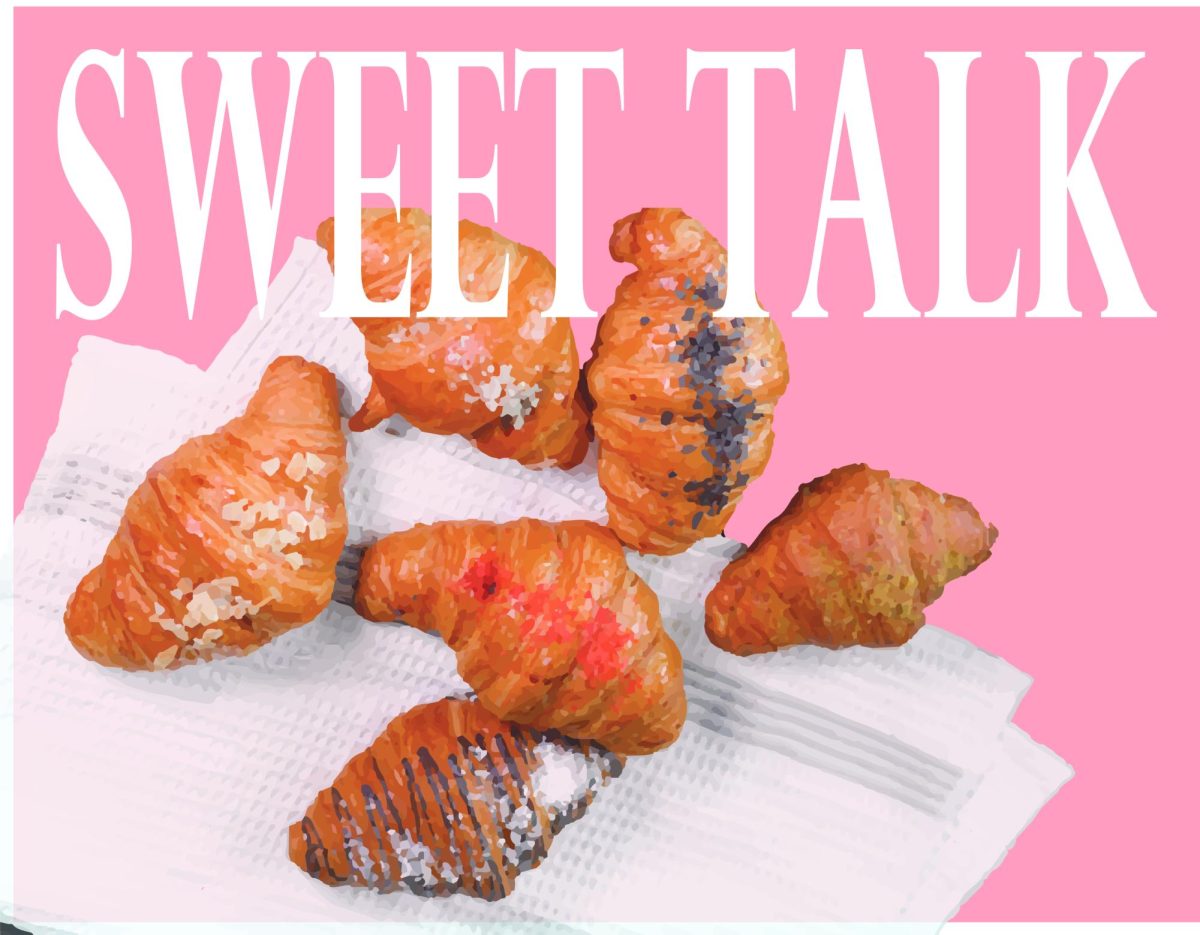Weevie’s remix album of deep dub has been spinning nonstop on my stereo for a few days now. Nighty Night: Deep Soul in Dub is a perfect mix of slamming, drowsy riddim and blues and a new interpretation of the sacred art of dub music.
Dub came about as a result of Jamaican sound systems competing against touring American big bands in the 1950s. The sound systems were comparable to an extended DJ set of Jamaican ska and rock steady. Ska, with its heavy emphasis on the up-beat and fast dance tunes, is derivative of the ’50s New Orleans jump beat and found a niche with England’s mods. Soon enough, the Specials and the Selector would ride the first wave of English ska music.
But more influential upon dub styling was rock steady, a slower, jamming form of Jamaican music with numerous distinct pauses in the bass and drum lines.
Dub and Jamaican sound systems also had a profound influence upon the DJ scene. Sound-system gigs were the first place where the DJ or the mixer became the star of the show. The previously recorded material takes a backseat to the person spinning it. We see this today with any DJ, from Fatboy Slim to Paul Oakenfold to Keoki.
The kings of dub are without doubt Osbourne Ruddock and Lee “Scratch” Perry. Perry took dub to surrealistic heights throughout the ’70s, but it was Ruddock, better known as King Tubby, who pioneered the genre’s style and sound. Through his technically self-altered mixing boards, Ruddock manipulated sounds by adding reverb and delay, and transforming percussion tracks with an equalizer.
Jamaican rock steady and reggae lent themselves perfectly to this type of re-mixing because of their simple compositions and skeletal percussion. Dub performances also lent themselves as backing for an early form of rapping called toasting. Drum N Bass, Trip-Hop, and Jungle all have a heavy residue of dub music in their lungs.
On Nighty Night, remix messiah Weevie combines the grand old dub style with non-reggae tracks, focusing on blues, soul, hip-hop and rhythm and blues. Weevie displays the influence of Lee “Scratch” Perry and King Tubby (each track was recorded “three or four times with a live improvised variation of effects applied on each take”), but his lack of differentiating between genres and his mixing in of found noises, dialogue and samples sounds like the work of the impossibly inventive “art deejay” style of Coldcut.
Basement Jaxx and Underworld (they even named their most influential album Dubnobasswithmyheadman), among many other electronic groups, have offered up big-beat dub mixes of popular songs, primed and ready for heavy-breathing dance floor abuse, but Weevie keeps the tracks’ original beats mainly intact, opting for a dreamscape of melting timeline slush.
Donovan’s “Get Thy Bearings” rubs up against an early Meters track and an Alpha-Bits exclusive Bugs Bunny sample. The dreamy beats hang in the air for extended amounts of time, forming a funky condensation in any modern rude boy’s brain matter. The ambient atmosphere of Costa Rican pastures link in a real answering message from Weevie’s upstairs neighbor who complains of a vibrating floor and politely asks that the music be turned down.
Instead, Weevie turns the tracks inside out and kicks the jams out from deep within their audio souls. Chuck Jackson’s smooth blues progressions leak into the slumbering, slo-mo funk of James Brown’s “Lowdown Popcorn.” Joe Williams jams on the classic “Get Out of My Life Woman” (Lee Dorsey’s version is the quintessential blues-nerd’s brokenhearted mantra) as the Mel Lewis Big Band transforms the cut into a steamy brass-and-sax love-in.
Later on, Weevie intertwines instrumental Beastie Boys (off their underrated The In Sound From Way Out), Quincy Jones, Grover Washington and the world flavor of Zap Mama.
The “sleepy dub” mix reaches its pinnacle with Erykah Badu’s “On & On.” The slow-rolling vocals and disconnected bass and drum barrage leave you wondering why dub has mostly been confined to reggae music for the past 40 years. Weevie’s mash-up mix is a perfect starting point for a head-splashing dub introduction.







